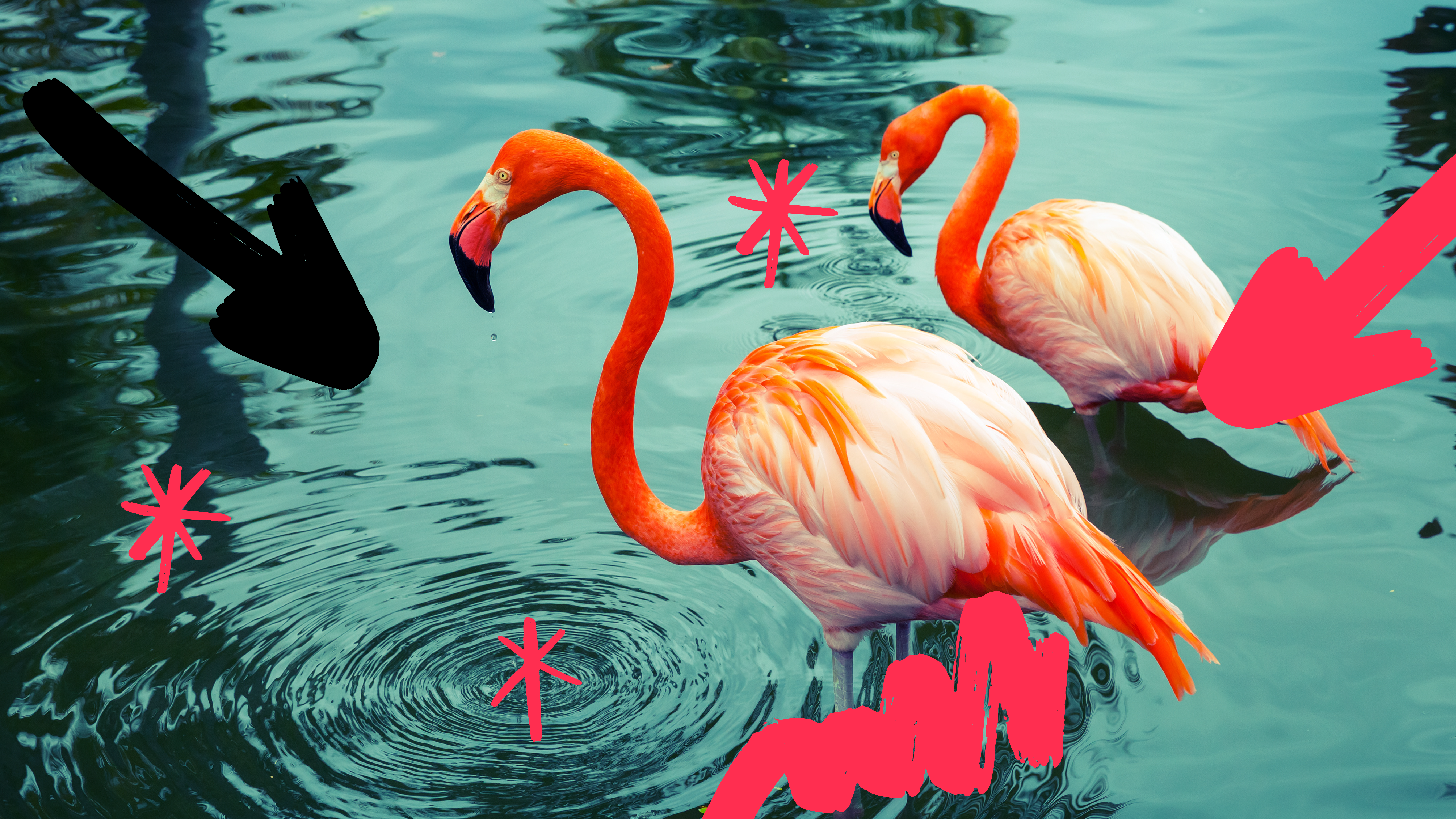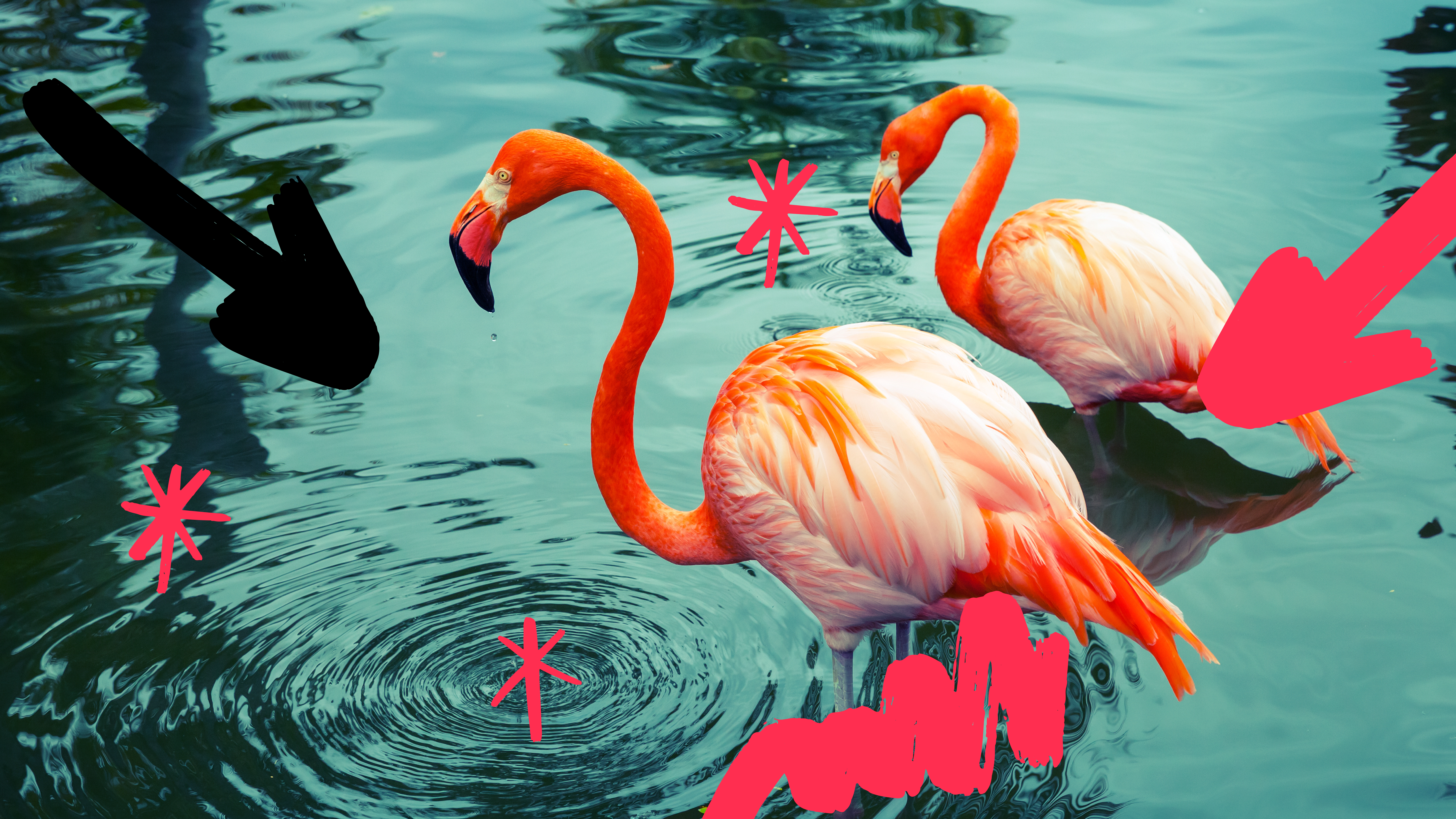
Educational Content in Brand Experiences
Our five-part blog series explores how Tapaus professionals think about what elements are worth investigating in the design and implementation of brand experiences – in order to reach the attention of consumers as well as boost brand engagement.
In the third part of the series, we will explain how a well-crafted brand experience guides and educates people towards the main message that supports the common good, such as sustainable development. This kind of content increases commitment to the brand.
Youthful enthusiasm and a growing industry
Youthful enthusiasm and the hope of earning some extra income led me to work at festivals for the first time in the 1990s. Back then, festivals in Finland were still in their early stages, and working as an event worker was somehow different, even wild and liberating in a way. I felt like a part of a counter-culture that aimed to change the world through the power of music, art, and community. It was amazing to witness the growth and transformation of festival culture.
The turn of the millennium brought about the rise of professionalism in the festival industry. Producing events became more complex, and the need for skilled workers grew. Journalists, performers, and sponsors became a part of the festival world, and navigating through complex contracts and budgets became necessary. Sustainability also became a topic of discussion at that time, and recycling points and environmentally friendly practices started to be implemented.
The turn of the Millennium: Technology revolutionizes
Around 2000, technology revolutionized festival production. Social media and websites provided festivals with the opportunity to reach a larger audience and market themselves more effectively. Ticket sales moved online, and festivals began developing their own applications to enhance attendees’ experiences. Simultaneously, festivals started utilizing virtual reality and interactive experiences.
The significance of sustainability became more prominent in society, and it began to be reflected in events. Many festivals started implementing green practices, such as solar panels, biodegradable containers, and promoting the use of public transportation.
The 2010s: Sustainability and diversity
In the 2010s, sustainability took an even stronger central role in festival production. Recycling, solar energy, and low-emission transportation became standard practices. Festivals became more than just music and entertainment; they became forums for discussions on environmental and societal issues. Diversity, both among performers and attendees, was emphasized further.
The integration of sustainability into events became increasingly important. Many festivals set concrete goals, such as reducing their carbon footprint and optimizing water consumption.
The 2020s: New challenges and opportunities
Decades of working in festival production had brought me a wealth of experience and knowledge. However, the 2020s brought unprecedented challenges in the form of the pandemic, something none of us in the industry had been prepared for.
Festivals had to adapt to new circumstances, but at the same time, they discovered new ways to connect people virtually and provide experiences remotely. During the pandemic, I pursued sustainable development leadership studies at Laurea University of Applied Sciences because I felt that it was my opportunity to start creating entirely new and more sustainable events once the pandemic was over.
Today, the importance of sustainability in events has grown exponentially. Event organizers now strive to be even greener, use renewable energy, reduce plastic waste, and promote sustainable mobility for attendees. Inclusivity, diversity, and accessibility are also strongly emphasized.
Today’s festivals not only adhere to sustainable practices but also aim to educate participants about sustainable living and provide a platform for environmentally friendly products and services. Sustainable development has become an integral part of event planning and execution, and it can attract an increasing number of participants who want to engage in responsible and consciously organized events.
Where we stand today
Today, sustainability plays a crucial role in brand building. An increasing number of consumers expect companies to act responsibly and be part of the solution to environmental issues. Brands need to take a stance on climate change, sustainable consumption, and social responsibility.
Sustainability is no longer just a part of a brand’s image; it is its cornerstone. Brands nowadays make concrete commitments to protect the environment, reduce their carbon footprint, and promote fair working conditions. These actions are not just marketing tactics; they impact the brand’s business operations and performance.
Tapaus to help out at your Summer 2024 Festivals
Before you agree on or book partner spaces for your brand at next year’s festivals, contact us, and let’s explore together how our expertise can make your festival implementation unique. By developing and executing sustainable event concepts, we ensure that our clients’ brands receive the visibility they deserve at festivals.
Over the years, we have built up an extensive knowledge base of existing sustainable solutions and practices, such as reusable event structures. As part of our responsibility efforts, all our subcontractors are obliged to sign the Tapaus Code of Conduct.
In addition to the Code of Conduct, Tapaus is committed to the UN Global Compact initiative, which seeks to promote goals related to human rights, labor, the environment, and anti-corruption. Furthermore, we aim to offset the carbon footprint of every event we execute through our partner Atmoz.
Responsibility is an integral part of Liwlig Group’s culture, and as a token of proof for this, we have received the bronze medal from Ecovadis, a global assessment of our sustainability efforts.
Krista Snabb
Executive Producer, B2C Sustainability Manager
References:
Global example: Planet Suvilahti / Helsinki, Finland
Planet Suvilahti is an open-air event organized since 2014 during the Night of the Arts in Helsinki. The event’s creator and producer, Ossi Kajas, says that the goal has always been to make the event free for everyone, and anyone has been welcome to perform there with a very low threshold. Planet Suvilahti is organized by Suvilahtelaiset RY, a group of tenants from Suvilahti, with the aim of promoting cultural activities in Suvilahti and preserving it as an accessible event venue. Ossi explains that the idea behind the event is to create “Planetary experiences without the smell of kerosene.”
Ossi also mentions that no disposable advertising material is created for Planet Suvilahti. The event’s banner is painted by a graffiti artist on advertising banners, and there are no years or dates mentioned on them. This way, the same banner can be used every year. The technical implementation of the event aims to use as much of the venue’s own technology as possible, with additional equipment rented as needed.
Planet Suvilahti is an event for all ages. In the early evening, families can explore art, and as night falls, people can dance to the music that takes over Suvilahti. Planet Suvilahti also offers multicultural activities, ranging from Japanese tea ceremonies to warehouse raves and circus performances to live music. In conclusion, Ossi is delighted to say, “Our event was so sustainable that people even collected their own trash, cans, and bottles when they left.”
Tapaus execution: Hippo Ski 2023 (Hippo Hiihto 2023)
Tapaus had the honor of collaborating with OP Uusimaa to organize the Hippo Hiihto (Hippo Ski) event at the Olympic Stadium in March 2023. Hippo skiing is a beloved skiing event, and this year, it was part of the Helsinki Ski Weeks held at the Olympic Stadium.
The Hippo Skiing event is an excellent example of a how sustainability and circular economy can be taken into account
Hippo Skiing was part of Helsinki Ski Weeks, so the infrastructure was already in place. The stage, equipment, fences, restroom facilities, and cafeterias were all pre-existing for the hippos. All branding materials adhere to sustainable development standards: the skiers’ vests, photo wall, banners, and Hippo mascots are used in other Hippo events throughout Finland. This year, Hippo Skiing diplomas were no longer printed, but they could be obtained online if desired, saving a significant amount of paper.
Tapaus event staff had vegetarian food during the event, and instead of juice boxes, hot juice was served to young skiers in recyclable Hippo cups. Families were encouraged to arrive by public transportation, and the carbon footprint of Hippo Skiing has been offset through Tapaus’s partner, Atmoz.
* This article has been translated from Finnish to English using ChatGPT.
Shall we create your next educational brand experience together?





